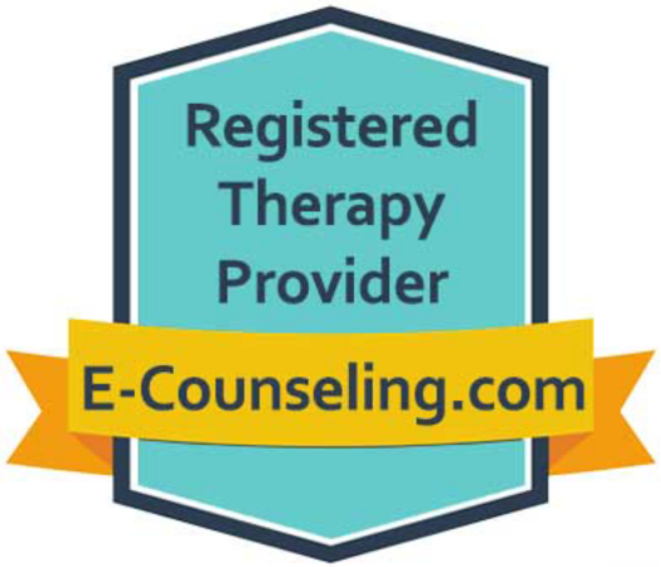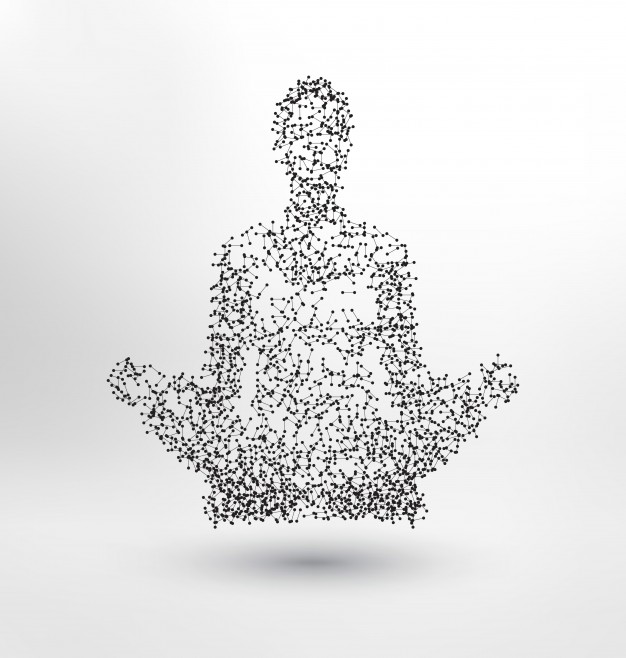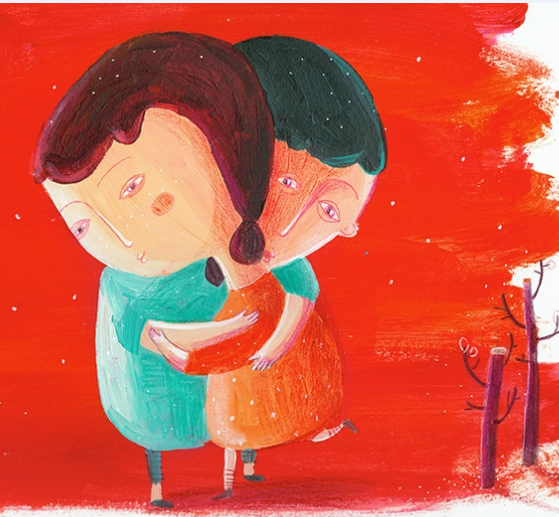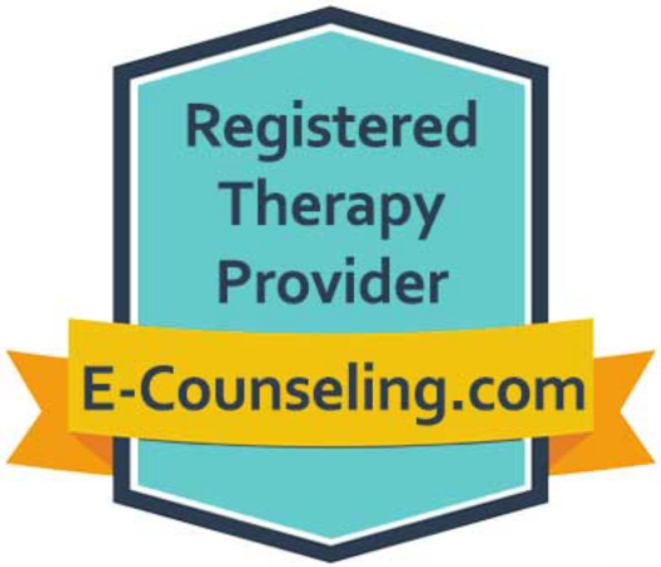
-Caroline Knorr, Senior Parenting Editor at Common Sense Media (Guest Author)
What teenagers look like they’re doing and what they’re actually doing can be two totally different things — especially when it comes to social media. A bored-looking ninth-grader could be majorly bonding with her new BFF on Snapchat. A 10th-grade gamer may complain loudly when you cut off his internet but be secretly relieved. An awkward eighth-grader may be YouTube’s hottest star. To find out what’s really going on in teens’ social media lives, Common Sense Media polled more than 1,100 13- to 17-year-olds in its latest research, Social Media, Social Life: Teens Reveal Their Experiences . The new study updates our 2012 study on teens and social media with surprising new findings that address many of parents’ most pressing concerns about issues such as cyberbullying, depression, and even the popularity of Facebook (spoiler alert: It’s not).
READ THE ARTICLE HERE
Eric Buck Psychotherapy Associates - "Skills For Life": Your Mental Wellness Alternative
The Many Origins of Depression
What Is Depression?
Is depression a flat mood, an inability to participate in ‘normal life activities,’ or unexplained bouts of sadness? In spite of its singular clinical classification, depression looks different for each person. Like Leo Tolstoy noted in his famous novel Anna Karenina, “All happy families are alike; each unhappy family is unhappy in its own way.”
While all happy families aren’t necessarily alike, this adage speaks truth in terms of depression. Each person’s depressive symptoms – remember, depression is a symptom, not a disease – depend on their unique circumstances, bodily health, emotional history, and held beliefs . As the serotonin model of depression continues to lose its hold on mainstream psychiatry, a theory of depression as evolutionary mismatch has emerged. In this theory, depression is the result of modern living ; we did not evolve in the context of environmental toxins , isolated living , and near-constant stress. Some argue that depression is a response to this mismatch, also called paleo-deficit disorder , and depression is simply a message from our bodies trying to protect us from the madness of the modern world.
However, even the evolutionary mismatch theory of depression relies on the dangerous assumption that all depression is the same: that depression is one disease, with one origin and a universal set of symptoms. Anyone who has been affected by depression will challenge this assumption. Depression can be caused by a constellation of factors that cause chronic inflammation – inflammatory foods , medications like the birth control pill , reduced sunlight exposure , and loneliness, to name a few – and manifest differently in different people. Some of the symptoms that qualify a person for a diagnosis of depression seem downright paradoxical : increased and decreased appetite, insomnia or fatigue, motor agitation or impairment. Even in one person, different depressive symptoms can appear at different times.
A recent scientific review article entitled ‘Depression subtyping based on evolutionary psychiatry: Proximate mechanisms and ultimate functions’ attempts to re-classify depression into twelve subtypes. 1 For each of these subtypes, researchers propose different causes for depressive symptoms, as well as potential reasons that these subtypes evolved and purposes they serve. In this framework, depression may be (1) an beneficial adaptation that effectively addresses a specific problem (2) an adaptation that does not solve the problem (3) a byproduct of other adaptations or (4) a general pathological state that serves no purpose and is harmful.
|
|
|
Perspectives: What Is Psychoanalysis? : Sacramento Psychoanalytic Society
"It seems to me that the overarching theme among psychodynamic approaches to helping people is that the more honest we are with ourselves, the better our chances for living a satisfying and useful life. Moreover, a psychoanalytic sensibility appreciates the fact that honesty about our own motives does not come easily to us. The diverse therapeutic approaches within the psychoanalytic pantheon share the aim of cultivating an increased capacity to acknowledge what is not conscious - that is to admit what is difficult or painful to see in ourselves." Nancy McWilliams. Psychanalytic Psychotherapy: A Practitioners Guide, pg 1.
Thomas Ogden, M.D. : "I view psychoanalysis as most fundamentally an effort by patient and analyst to put into words what is true to the patient's emotional experience. This articulation holds such great importance because the very act of thinking and giving "shape" to what is true to the patient's emotional experience alters that truth. This perspective underlies my conception of the therapeutic action of interpretation: In interpreting, the analyst verbally symbolizes what he intuits to be true to the patient's unconscious experience and, in so doing, alters what is true and contributes to the creation of a potentially new experience with which the analytic pair may do psychological work. Patient and analyst are not in search of truth for its own sake; they are principally interested in what is true to what is happening in the transference-countertransference. The analytic pair is doing so for the purpose of creating a containing human context in which the patient may be able to live with his past and present emotional experience (as opposed to evacuating it or deadening himself to it). In helping the patient to face the truth of his emotional experience, the analyst is respectful of the ways the patient (beginning in his infancy) has found to protect his sanity. The rhythm and pace of the patient's efforts to face the truth of his emotional experience is set by the patient. A large part of the analyst's role involves holding the tension between the patient's need for safety and his need for truth." Ogden, T.H. (2005). What I Would Not Part With. Fort Da, 11:8-17.
Meditation Toolkit
If you’re ready to expand your perspectives on health and wellness, I’m hoping this Meditation Toolkit is a meaningful introduction to some simple, powerful practices to empower you in moments of struggle.
Managing Conflict When You Have ADHD
If you have attention deficit hyperactivity disorder (ADHD), you may feel like the deck's stacked against you when it comes to conflict.
Reach Your Potential with Adult ADHD
The symptoms of ADHD can sound like a list of traits you’d rather avoid: Disorganization. Restlessness. Struggling to stay on topic and get tasks done.
Strategies for controlling your anger
Wrath, fury, rage — whatever you call it, anger is a powerful emotion. Unfortunately, it’s often an unhelpful one.
When Is It Time For Relationship Counseling?
When we think of couples counseling, we immediately attach thoughts of crisis and drama to this idea. People right away say, “no, not us, we don’t need that, we’re fine”.
The Healing Power Of Harmony
The ability of music, sound, and harmony to heal the body, mind, and emotions has been recognized as far back as ancient civilizations of Greece. The field of Music Therapy is a widely recognized field and has applications in hospitals, hospices, and institutional settings.
The 3 Things You Can't Say to Your Partner
Your romantic relationship also has a formula for success: Research by John Gottman found that we need a 5-to-1 ratio of positive to negative interactions with our intimate partner in order for love to thrive.
7 Qualities of Truly Authentic People
Authenticity is highly valued: On the whole, we don’t like or trust people who come across as phony and false. Not surprisingly, we avoid such people. We seek friends and colleagues who are authentic.
4 Unexpected Signs You Need Couples Counseling
What's normal in a relationship and what's a surprising signal that it's time to call in the professionals?











 Content marketing is the cornerstone of any powerful addiction recovery marketing campaign. Content isn't just educating your potential clients, it's conveying the atmosphere of the treatment you provide. Content marketing is how you're conveying your own personalities and extending a warm, welcoming hand to your readers.
Content marketing is the cornerstone of any powerful addiction recovery marketing campaign. Content isn't just educating your potential clients, it's conveying the atmosphere of the treatment you provide. Content marketing is how you're conveying your own personalities and extending a warm, welcoming hand to your readers.













